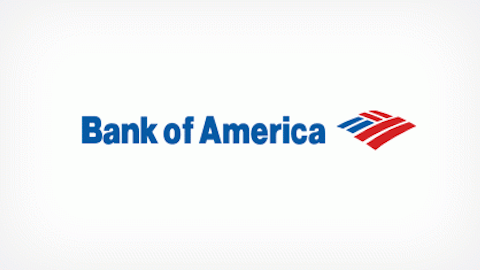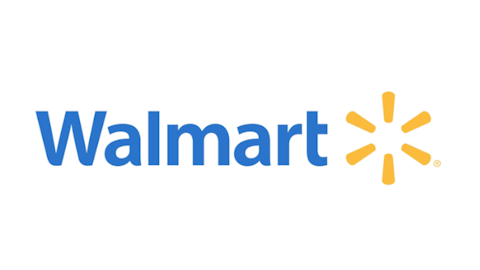In addition to their famous soups, Campbell Soup Company (NYSE:CPB) also offers a variety of household-name grocery brands. Despite an ever-increasing dividend and an excellent share repurchase program, the stock has traded pretty flat over the last decade, mainly hovering in the $30-40 range.
Why isn’t the share price rising? The number of outstanding shares has decreased by more than 12% since 2009, the economy is much better, and the dividend has been increased by 16% since then. Yet, the stock hasn’t seen any significant price appreciation. With the stock trading at the low end of its historic P/E range, I believe it is just a matter of time before we see a big move to the upside for Campbell Soup.

Campbell Soup sells their trademark soups, as well as sauces (Prego, Pace), beverages (V8), and snack foods (Pepperidge Farm, Arnott’s Biscuits). Approximately 69% of Campbell’s business comes from the U.S., with the company’s largest customer by far being Wal-Mart Stores, Inc. (NYSE:WMT), which accounts for 17% of Campbell Soup’s total sales.
So, it may be a good idea for Campbell Soup investors to monitor Wal-Mart and the trends in sales that they report. If almost one-fifth of the company’s business is tied to Wal-Mart, it is pretty safe to say if Wal-Mart starts doing poorly, Campbell Soup will suffer also. On the other hand, if Wal-Mart’s sales skyrocket, Campbell Soup will benefit. Wal-Mart may actually be a good way to play food producers as a whole, without having to pick individual names. The company is very attractively valued at 14 times earnings with 10% forward growth, not to mention their excellent buyback and dividend that has increased every year, even during the 2008-09 recession.
Campbell’s has been active in acquisitions and partnerships, which seems to be the company’s primary growth strategy. Most recently, they acquired Bolthouse Farms, best known for their premium fruit beverages. Additionally, Campbell Soup recently announced a plan to improve its asset utilization and supply chain cost structure, which should benefit shareholders beyond 2013, when the company expects $115 million in one-time charges related to these changes.
As mentioned before, Campbell Soup has been very actively buying back shares, having spent $412 million doing so in 2012. Going forward, the company has said that it will make debt reduction more of a priority. I believe they will indeed continue to repurchase shares, but possibly at a slower rate until a dent is made in the company’s approximately $2 billion in debt.





